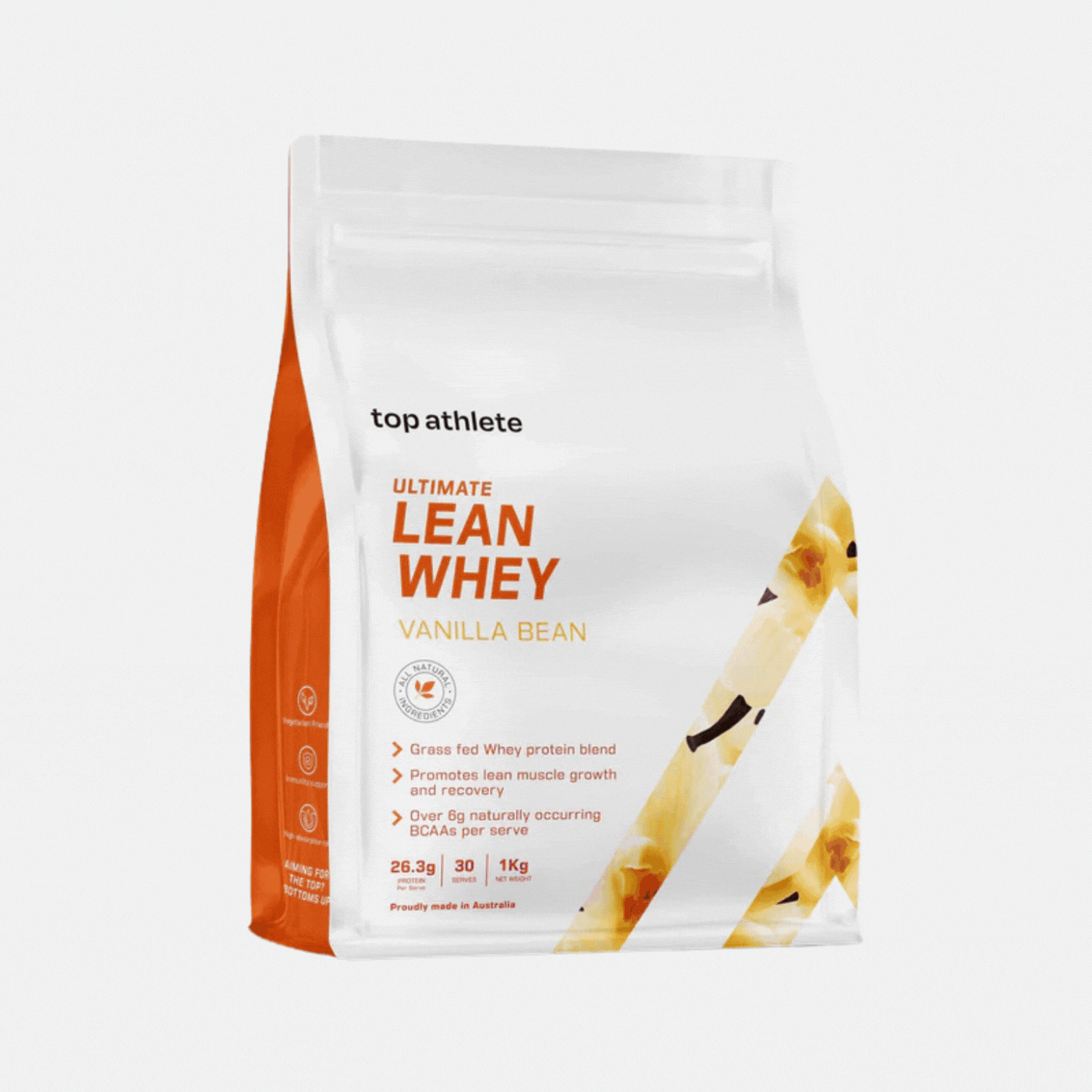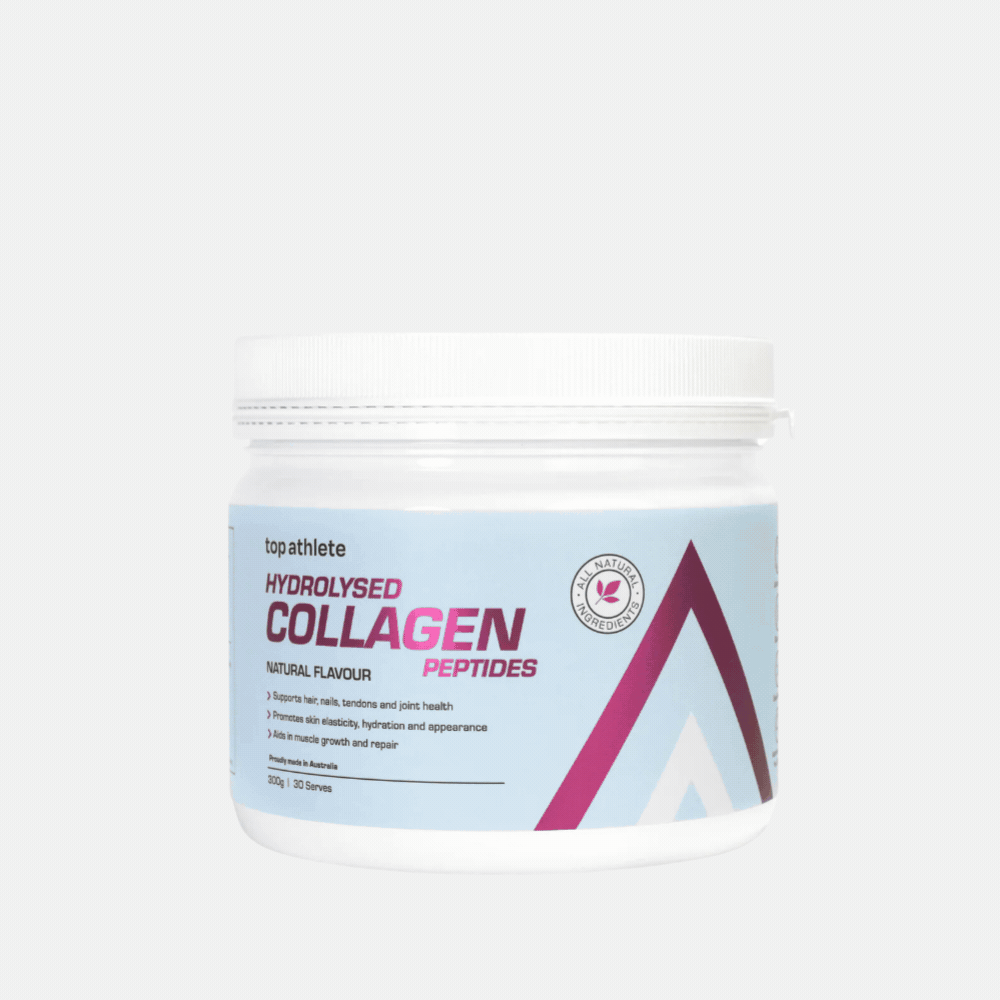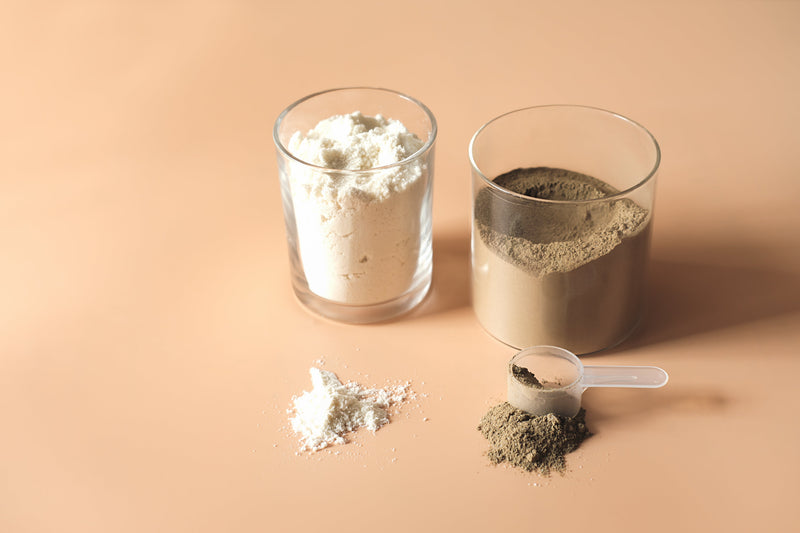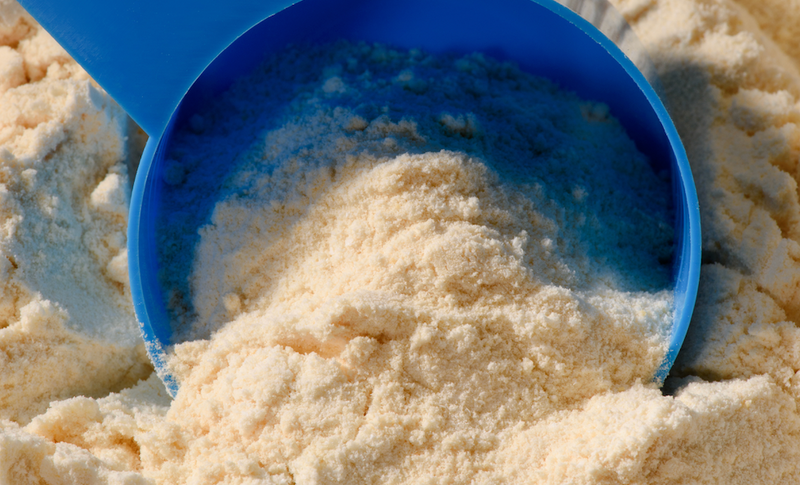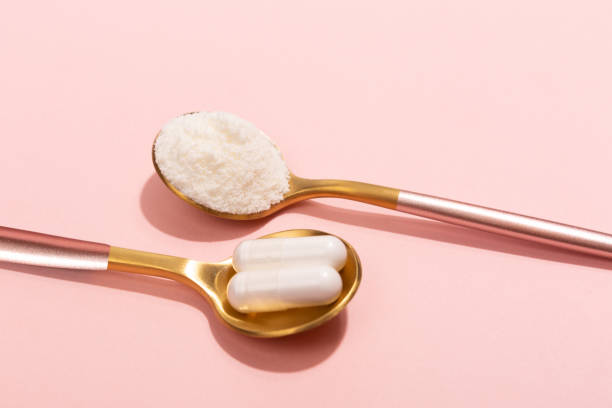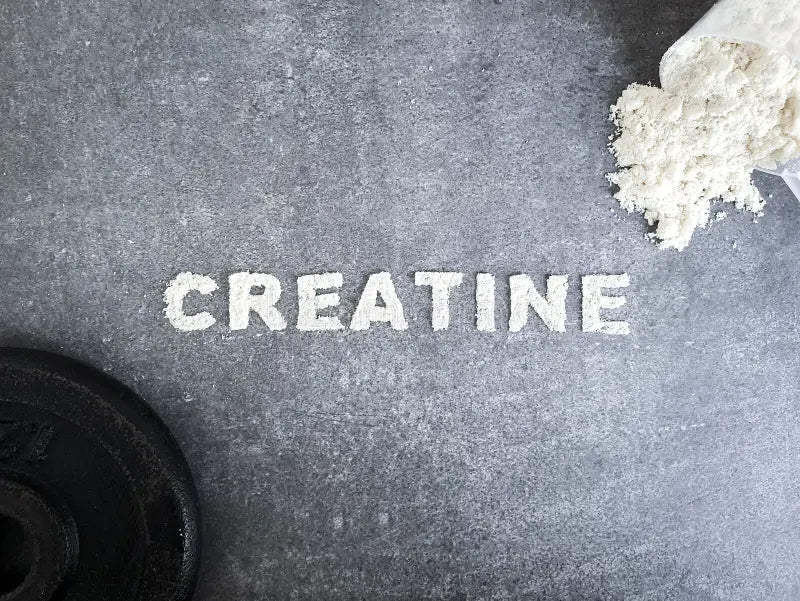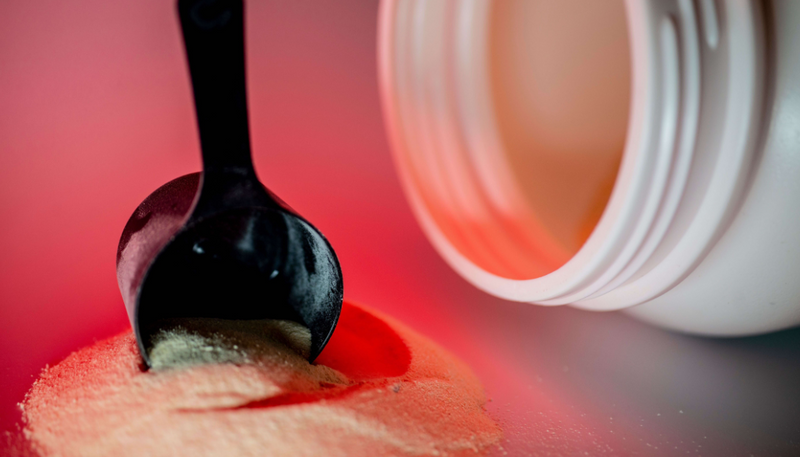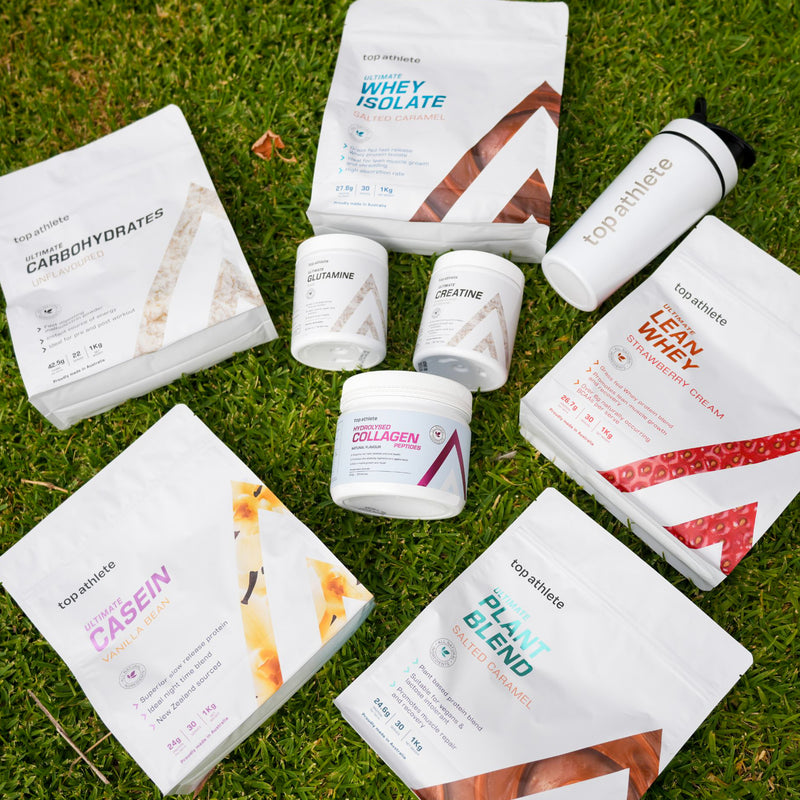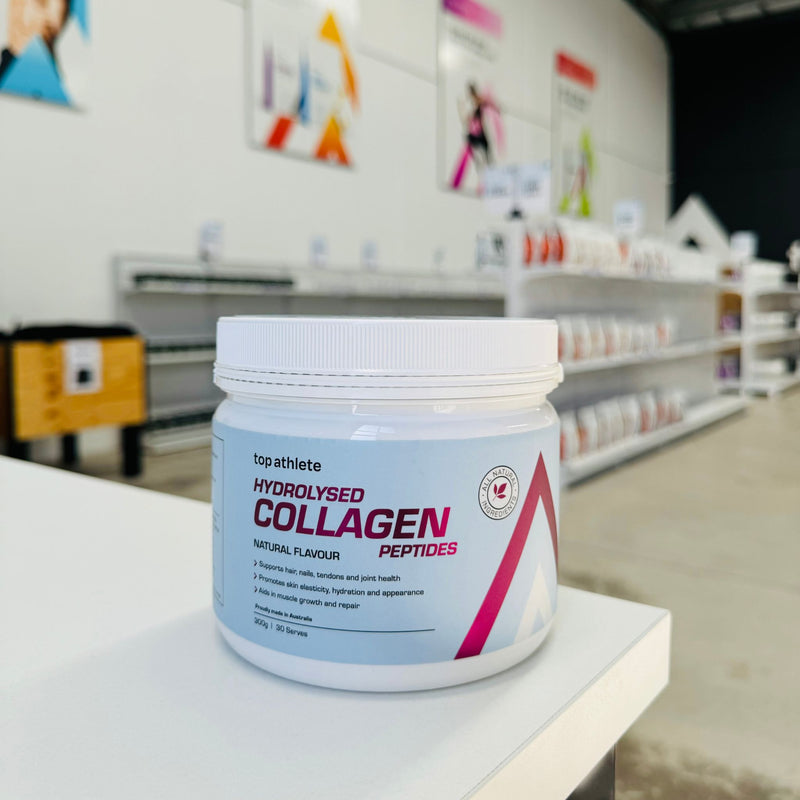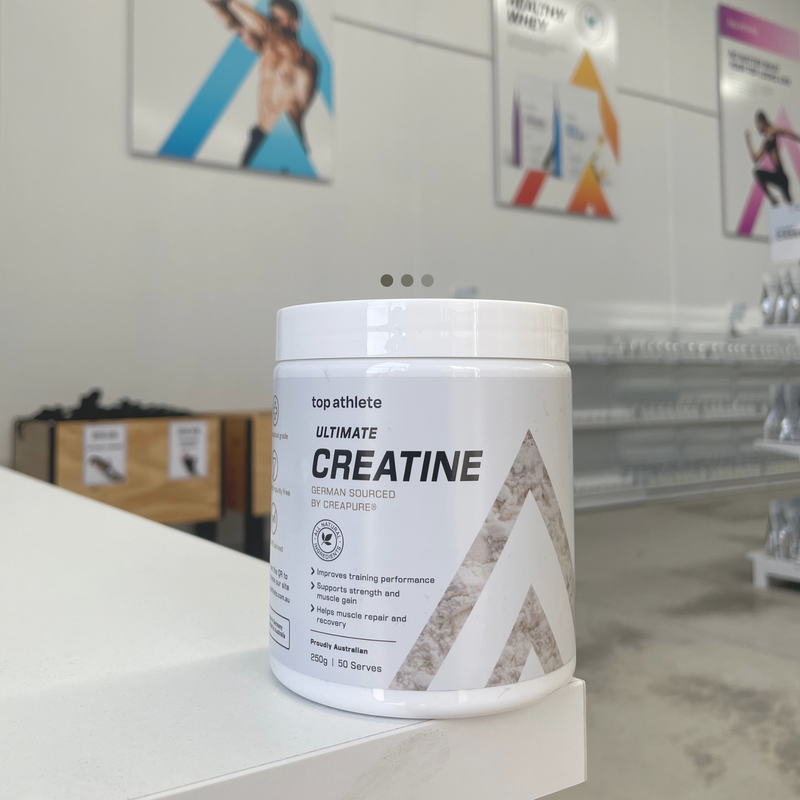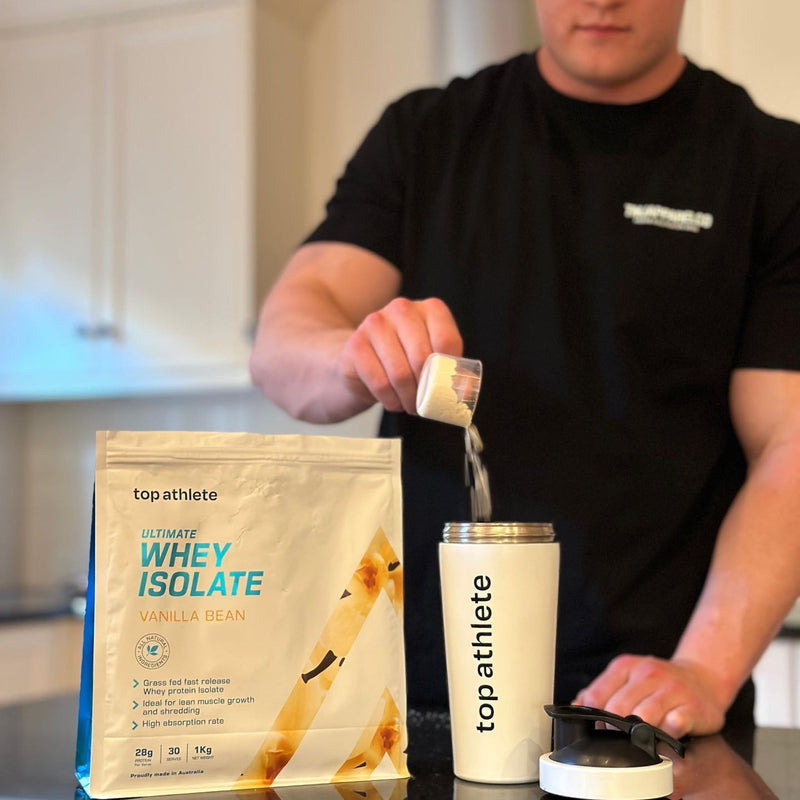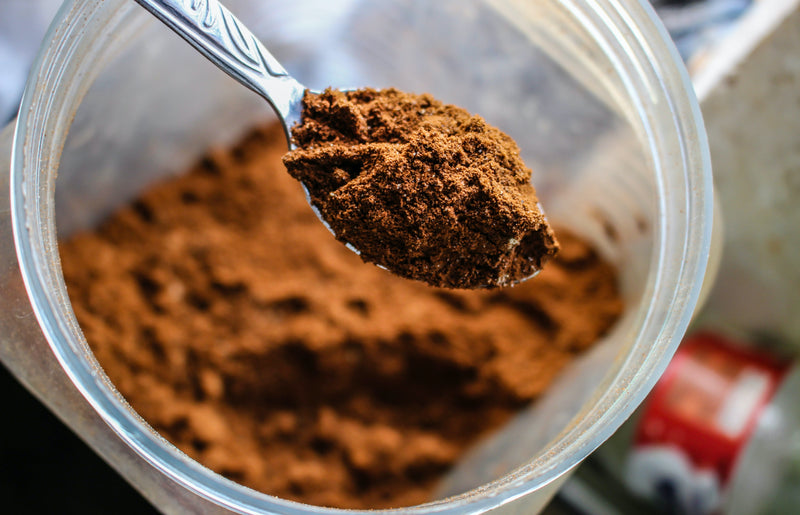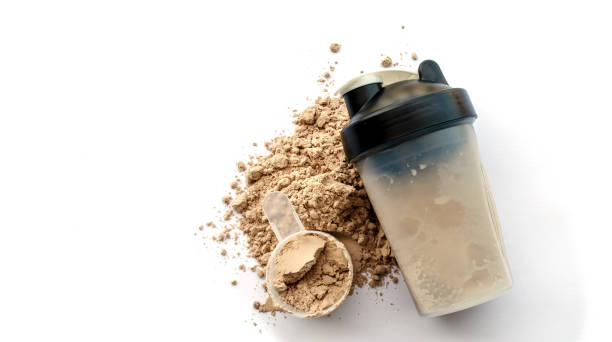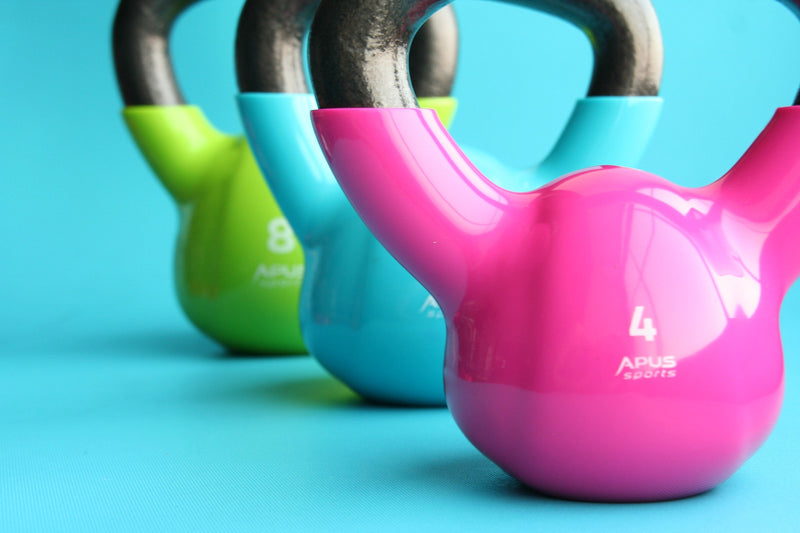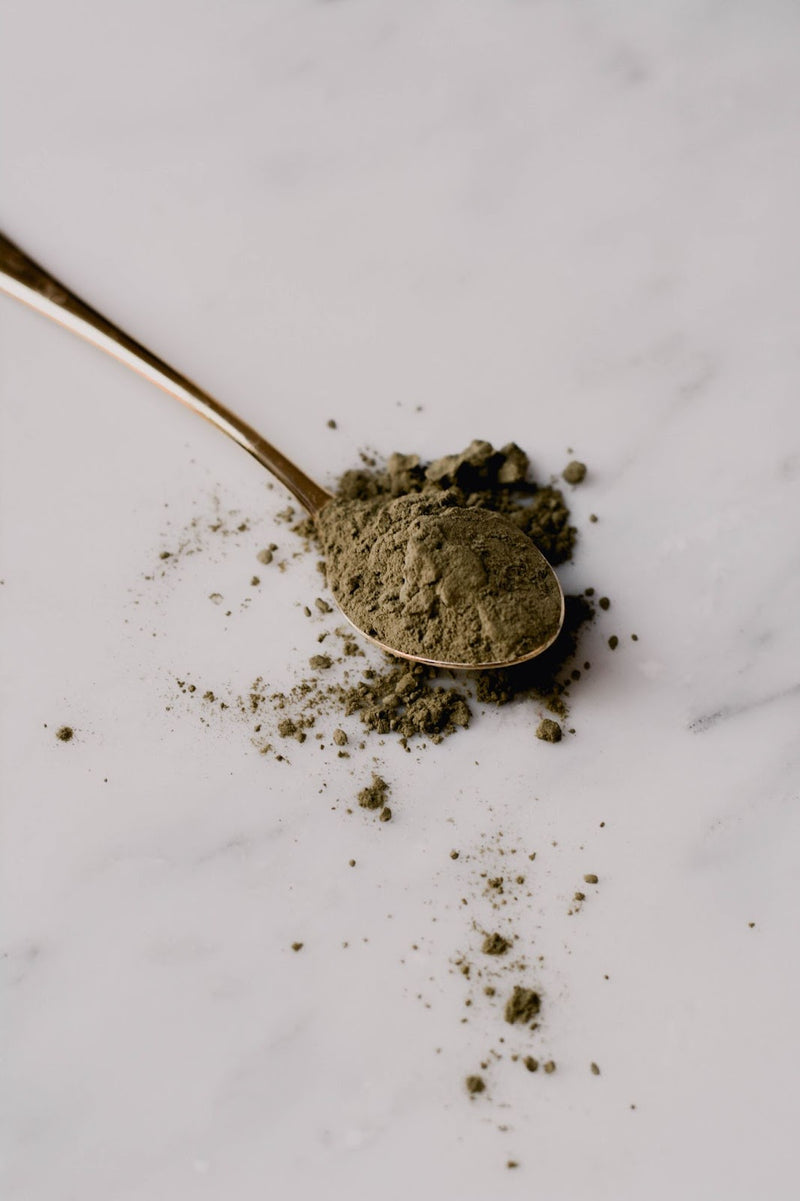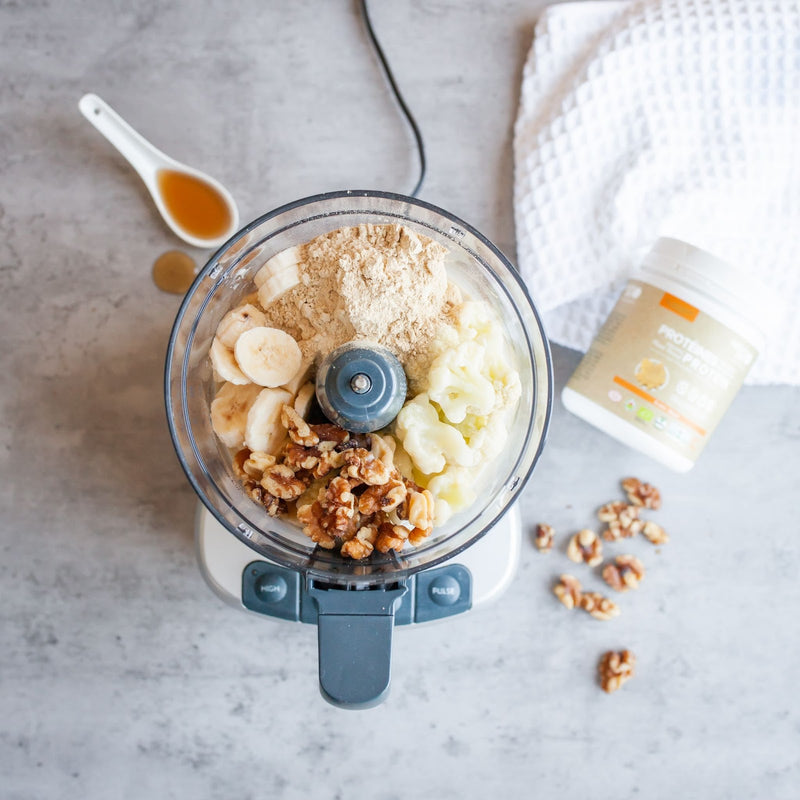3min read
Creatine is one of the most researched and effective supplements available today, yet many misconceptions continue to circulate. These myths often prevent people, especially women, from fully benefiting from its incredible performance, cognitive, and health-boosting advantages. Let's bust some of the most common creatine myths and reveal the truth behind this powerhouse supplement.
Myth #1: Creatine Causes Excessive Water Retention and Bloating
Fact: One of the biggest concerns surrounding creatine is that it causes bloating and water retention. However, research shows that creatine increases intracellular water retention, meaning it helps hydrate muscle cells rather than causing puffiness or bloating. Most users experience better muscle hydration, leading to improved strength and endurance without unnecessary water weight.
Myth #2: Creatine is Only for Men or Bodybuilders
Fact: While creatine is popular among male athletes and bodybuilders, it is just as beneficial for women. Women have lower natural creatine stores than men, making supplementation particularly useful for improving strength, endurance, muscle recovery, and even brain health. It’s not about “bulking up”—it’s about optimising performance and wellness.
Myth #3: Creatine is Bad for Your Kidneys
Fact: This myth stems from the idea that creatine overloads the kidneys, but research has consistently shown that in healthy individuals, creatine does not cause kidney damage. Numerous long-term studies confirm that creatine supplementation is safe when taken at recommended doses, even over extended periods.
Myth #4: You Need a Loading Phase to See Results
Fact: While a loading phase (taking 15–20g per day for 5–7 days) can quickly saturate muscle stores, it’s not necessary. A daily dose of 3–5g will still provide the same benefits over time, making creatine a low-maintenance, effective supplement for everyday use.
Myth #5: Creatine Only Benefits Strength and Muscle Mass
Fact: Beyond improving muscle strength and endurance, creatine also has significant cognitive benefits. Studies suggest that creatine enhances memory, focus, and brain energy levels, making it valuable for mental performance. It’s also been linked to improved mood and reduced symptoms of depression, particularly in women.
Myth #6: Creatine Needs to Be Cycled
Fact: Unlike certain supplements that require cycling to prevent dependency or tolerance, creatine does not need to be cycled. It’s a naturally occurring compound in the body, and consistent supplementation ensures optimal muscle and brain creatine levels without adverse effects.
Conclusion
Creatine is one of the safest, most effective, and well-researched supplements available. The misconceptions surrounding it often stem from outdated or misinterpreted information. Whether you're looking to boost physical performance, enhance cognitive function, or support overall health, creatine is a reliable and science-backed supplement that benefits both men and women alike.
Don’t let myths hold you back—embrace the science and start reaping the benefits of creatine!
